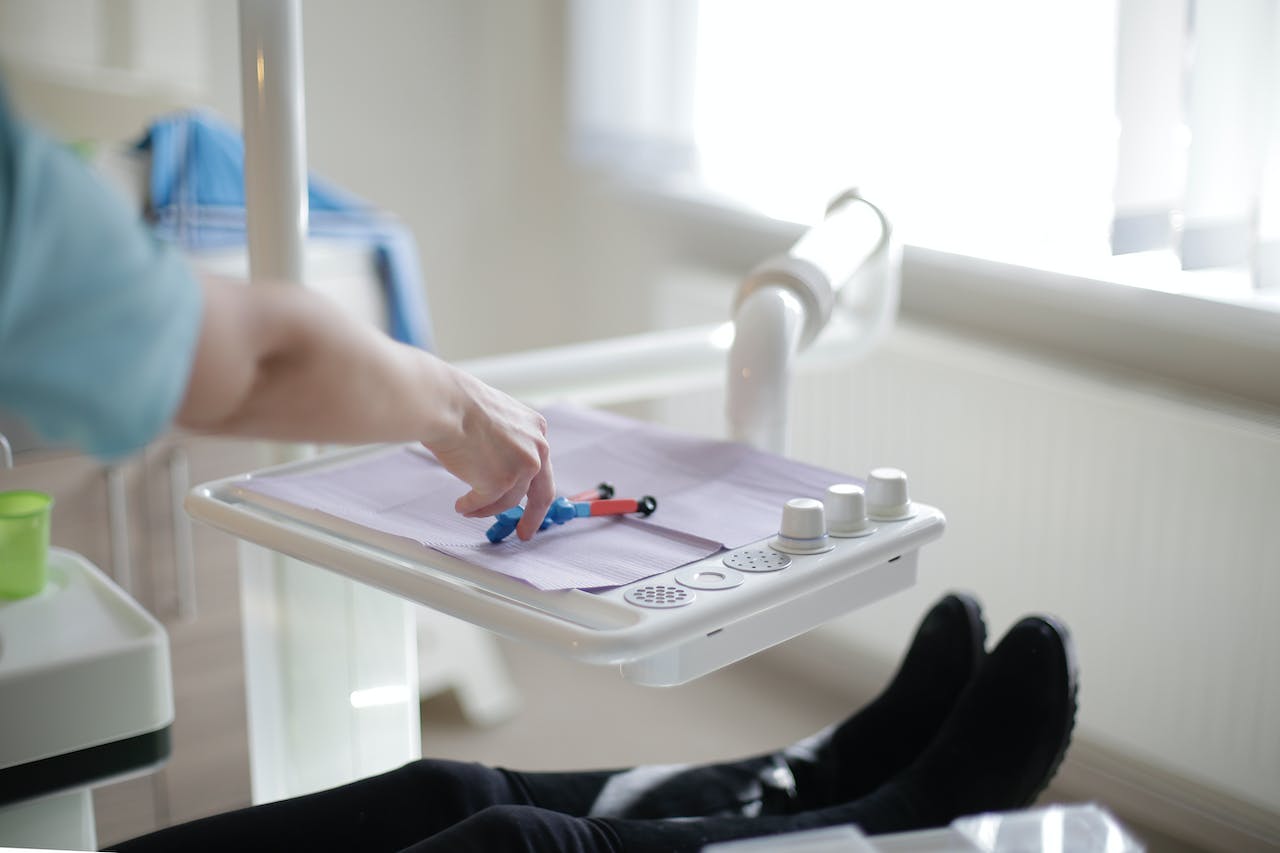For many individuals, the thought of a dental appointment can evoke feelings of unease and anxiety. Dental anxiety is a common phenomenon that can range from mild nervousness to severe fear, sometimes preventing individuals from seeking the oral care they need. Fortunately, sleep dentistry has emerged as a transformative solution, offering a path to dental treatment that is not only painless but can be, quite literally, dreamlike.
Understanding Dental Anxiety
Dental anxiety can stem from various factors, including fear of pain, a negative past dental experience, or general anxiety about medical settings. For some, the anxiety is so profound that it leads to the avoidance of dental care altogether, contributing to deteriorating oral health.
Sleep dentistry, also known as sedation dentistry, recognizes and addresses these concerns by providing patients with a relaxing and stress-free experience. The goal is not only to alleviate the physical discomfort associated with dental procedures but also to create an atmosphere of tranquility that eases the psychological aspects of dental anxiety.
The Essence of Sleep Dentistry
Sleep dentistry does not imply that patients are literally asleep during dental procedures. Instead, it refers to the use of sedative medications to induce a state of deep relaxation. There are different levels of sedation, ranging from minimal sedation (where the patient is awake but relaxed) to deep sedation (where the patient is on the edge of consciousness but can be easily awakened) and general anesthesia (where the patient is completely unconscious).
The choice of sedation method depends on the individual’s level of anxiety, the complexity of the procedure, and the dentist’s recommendation. In most cases, the sedation used in sleep dentistry allows patients to remain conscious and responsive, but in a state of heightened relaxation that minimizes their awareness of the surrounding dental work.
The Sleep Dentistry Experience
The journey into sleep dentistry often begins with a consultation between the patient and the dentist. This discussion aims to identify the specific anxieties and concerns the patient may have, allowing the dentist to tailor the sedation approach accordingly. Patients are thoroughly informed about the process, ensuring that they have a clear understanding of what to expect.
On the day of the procedure, the sedative is administered under the supervision of a trained professional. The patient is carefully monitored throughout the dental work to ensure their safety and comfort. This level of care and attention helps create an environment where patients can let go of their anxieties and experience dental treatment without the associated stress.
Advantages of Sleep Dentistry for Dental Anxiety
- Pain-Free Procedures: Sleep dentistry provides effective pain management, ensuring that patients do not experience discomfort during dental procedures. This is particularly beneficial for individuals with a low pain threshold or those who have had painful dental experiences in the past.
- Time Efficiency: Since patients are in a relaxed state, dentists can often perform multiple procedures in a single session. This not only minimizes the number of visits but also reduces overall treatment time, making it a convenient option for those with busy schedules.
- Memory Suppression: One of the advantages of sedation is that it can lead to partial or complete memory suppression of the dental procedure. This can be beneficial for individuals who find the anticipation of dental work to be a significant source of anxiety.
- Improved Cooperation: Patients who struggle with anxiety may find it challenging to cooperate during dental procedures. Sleep dentistry enhances patient cooperation by inducing a state of calm, making it easier for dentists to perform necessary treatments.
- Wide Applicability: Sleep dentistry can be applied to various dental procedures, from routine cleanings to more complex treatments like root canals or extractions. This versatility makes it an accessible option for individuals with different dental needs.
 Breaking the Cycle of Dental Fear
Breaking the Cycle of Dental Fear
Beyond the immediate advantages, sleep dentistry plays a crucial role in breaking the cycle of dental fear. By providing a positive and stress-free experience, individuals may be more inclined to seek regular dental care, leading to improved oral health in the long term.
Moreover, the use of sedation in dentistry is not limited to those with severe anxiety. It can also benefit individuals who have difficulty sitting still for extended periods, have a strong gag reflex, or require extensive dental work. Sleep dentistry extends its soothing embrace to a broad spectrum of patients, addressing diverse needs and preferences.
A Dreamlike Approach to Dental Care
In the realm of dentistry, where anxiety has been a significant barrier to optimal oral health, sleep dentistry emerges as a beacon of hope. It offers a gentle and effective solution to dental anxiety, allowing individuals to receive the care they need without the burden of fear. As the field of sedation dentistry continues to advance, more people are discovering the transformative power of a dental experience that is not just painless but, in a way, dreamlike—a journey into oral health that is as comforting as a good night’s sleep.


